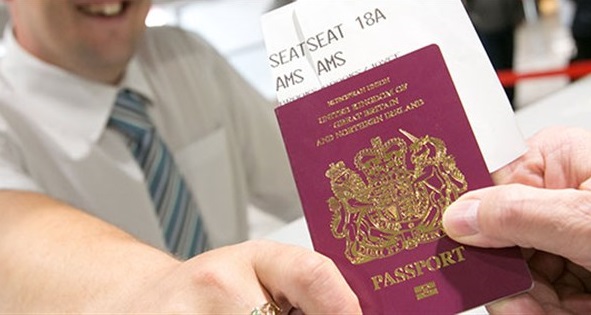Brussels – Tineke Strik, an MEP from the Green/Ale Group, brought the situation to the attention
of the European Parliament when today (April 8), during a hearing in the Committee on Civil Liberties, Justice and Home Affairs (LIBE) of the European Parliament, she asked Francois Deleu, head of fundamental rights at the EU Asylum Agency (EUAA) whether he was aware of fraudulent practices by Greek authorities to reject asylum claims in Lesbos. Specifically, Strik brought up the case of some migrants who would have to declare that they were Ethiopians and not Eritreans forcibly, otherwise their applications would be rejected at the outset. Deleu replied that he was unaware of these facts but that he would check with colleagues in Greece.
Article 14 of the Universal Declaration of Human Rights recognises the right to asylum. Still, according to Fenix, an NGO that provides legal assistance to migrants, Greek authorities are engaging in fraudulent behaviour to limit it. In Lesbos, a Greek island in the Aegean, people from Eritrea would be registered as Ethiopians. This would be due to the fact that Ethiopia is considered a safer state, and it would, therefore, be easier to reject asylum claims.
Migrants arriving in the European Union, and therefore also in Lesbos, often travel undocumented. Hence, it is up to local authorities to identify them and indicate their country of origin. To prove the state of departure, Greece introduced between September and October 2023 tests to be taken by asylum seekers. These contain questions on language, culture, and geography but do not consider that many asylum seekers do not have the necessary knowledge or education. Also, according to the NGO, some people who fled from Eritrea were allegedly asked to accept Ethiopian nationality to continue with the asylum application process, but when they refused—arguing that they were Eritreans—the Greek staff interrupted the interview and rejected the request.
The case of nationality swapping would not only involve people of Eritrean nationality but also Afghans identified as Iranian and Sudanese as coming from South Sudan, and in all these cases asylum seekers would be registered as coming from a safer country. Even if the error could be unintentional (for example, because the language is very similar, if not the same), it may, in any case, result in the rejection of asylum claims by people who are fully entitled to it.
English version by the Translation Service of Withub






